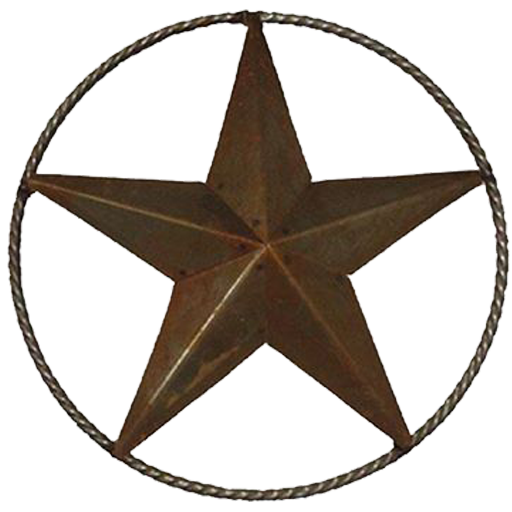Think you cant qualify to buy a home? Dont give up hope. The Federal Housing Administration (FHA), a government agency, allows borrowers to take advantage of a low down payment, reduced closing costs, relaxed lending standards – and insures your loan, which is offered by a FHA approved lender.
So, if you are wondering, what is an FHA loan?, here are nine facts youll want to know about FHA loans.
- An FHA home loan allows a low down payment
Conventional lenders usually require a 20% down payment; you can pay less but are then required to buy private mortgage insurance for the lenders benefit. That can add to your monthly payment.
FHA-approved lenders can offer an FHA loan with as little as 3.5% down. You still pay the FHA to insure your loan but the overall costs can be lower. And you can obtain the money for your down payment as a loan or gift from a family member, employer or charity. Most conventional lenders wont allow that.
- FHA loans are easier to qualify for
Lenders who work with the FHA are willing to give you a break because the government is standing behind your FHA home loan. That gives first-time homebuyers a real opportunity, as well as residents of disadvantaged neighborhoods, who can find qualifying for certain types of mortgage loans a real challenge.
Borrowers with less-than-perfect credit can often qualify for an FHA home loan. Even if you have a bankruptcy in your history, you still have a shot at qualifying. In fact, your credit score can be as low as 500 and you may still qualify for a loan, within certain guidelines. And an FHA lender can finance multi-family homes, condos, as well as mobile and manufactured homes.
There can be income limitations to qualify for special financial loan benefits, such as down payment assistance. Thats a question to ask your lender.
- FHA home loans have lower interest rates
In addition to lower down payments, FHA-guaranteed loans generally have lower interest rates. Since the FHA doesnt actually provide the financing or determine the interest rates of the loans it backs, the rate you pay for an FHA home loan will be negotiated with an FHA-approved lender.
- FHA loans can help you avoid foreclosure
The Making Home Affordable Program (MHA) is a government initiative to help borrowers who are suffering a financial setback. If you are in default on an existing mortgage, MHA may be able to help you reduce your loan payments and avoid foreclosure.
There are also options to assist unemployed homeowners as well as homeowners who are underwater – meaning you owe more on your mortgage than what your home is currently worth.
- An FHA loan can help disaster victims
Disasters seem to be occurring with increasing frequency: floods, landslides, earthquakes, tornadoes and all the rest. The FHA Mortgage for Disaster Victims Program provides 100% financing through approved lenders for the purchase or reconstruction of a home severely damaged or destroyed due to a disaster.
- The FHA can help you make home repairs and upgrades
If you have a bit of a fixer-upper on your hands, an FHA home loan or refinance may be just what you need. To start, the Energy Efficient Mortgage (EEM) program can help you lower your utility bills by financing the cost of adding energy efficient improvements to your home.
But other home improvements can be financed through an FHA 203(k) insured loan, as well. You can buy a home that needs some TLC, and get up to 25,000 on top of the purchase price for alterations, repairs and site improvement, all wrapped up in one loan. Look for an FHA-approved lender, such as a bank, credit union, savings and loan or mortgage company that is approved to make Title I loans. You can also search for a lender on the U.S. Department of Housing and Urban Development website.
- An FHA loan can help senior citizens gain retirement income
For homeowners who are 62 or older and in need of a boost in income, the FHA Home Equity Conversion Mortgage program can be a viable solution. If you live in your home and own it outright, or have a low balance remaining, a so-called reverse mortgage will allow you to remain living in your home while tapping a significant portion of the equity. Its a loan you never pay back.
- FHA loans have lower closing costs
Anyone that has purchased a home knows there are a lot of fees due at closing. Appraisal fees, inspection, credit report and broker fees and commissions, origination charges – it can be a mighty long list. While the FHA doesnt regulate or determine fees, the closing costs for an FHA home loan are generally lower than with a conventional mortgage. This is another item to be negotiated with your FHA-approved lender.
- FHA-approved lenders can offer different loan terms
Not every FHA-insured loan package will be the same. Lenders will determine the rate and terms to be offered, so as with any loan application, it is always a good idea to shop around and compare loan offers.
Rural and suburban buyers or homeowners might also want to check into the loans and services offered by the USDA.


